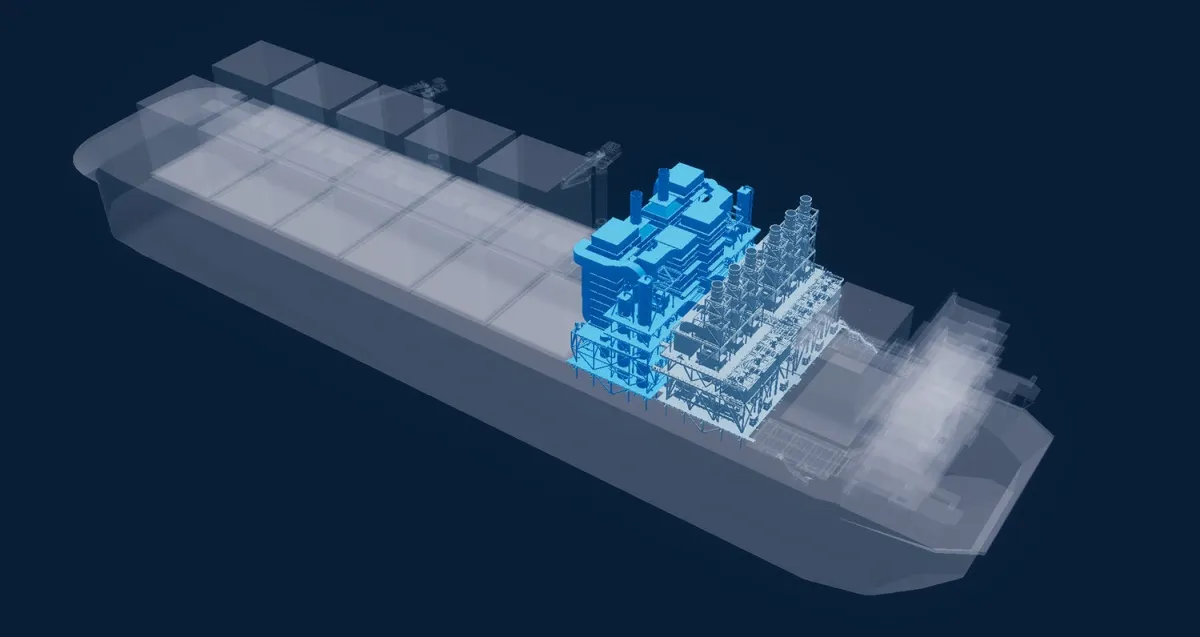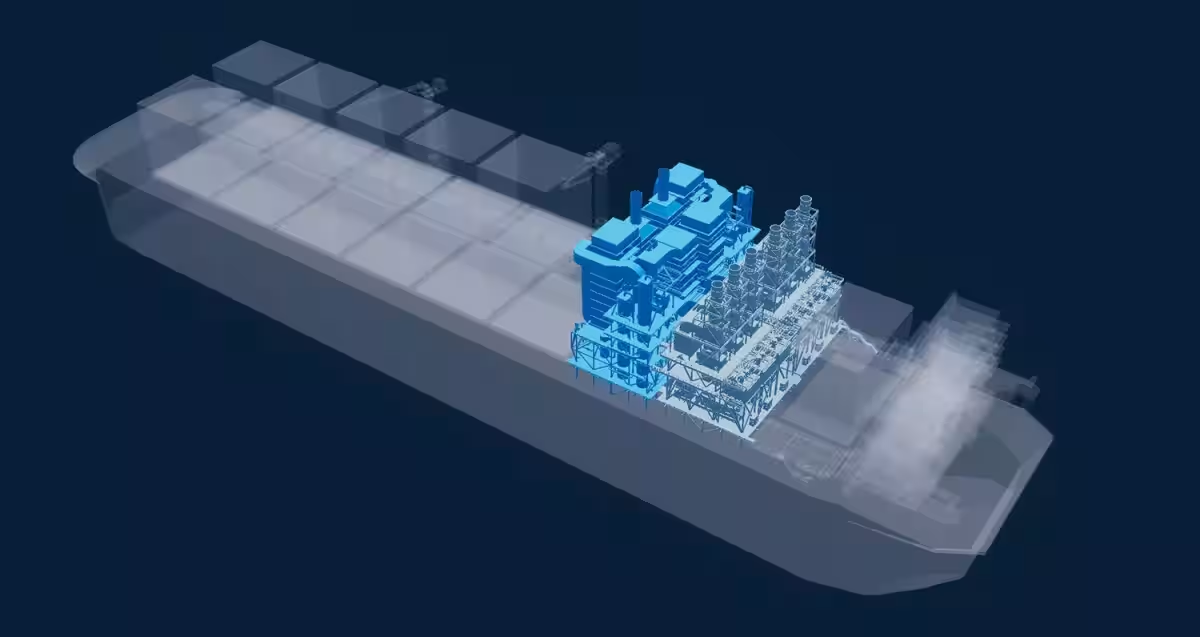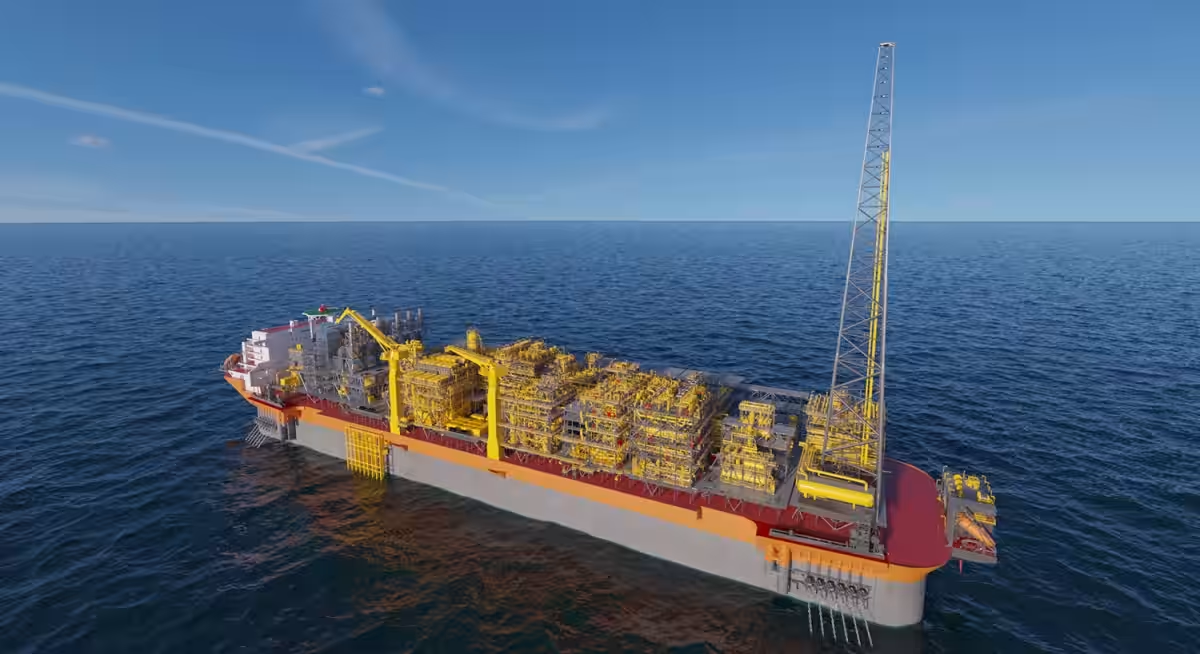

Mitsubishi Heavy Industries to Pioneer CO2 Capture Modules for Petrobras FPSOs
Mitsubishi Heavy Industries to Pioneering CO2 Capture Modules for Petrobras FPSOs
In a significant step towards environmental sustainability, Mitsubishi Heavy Industries (MHI) has secured an initial examination contract for CO2 capture modules tailored specifically for Floating Production, Storage, and Offloading (FPSO) units, developed in partnership with SBM Offshore. This initiative is aimed at supporting Brazil's leading oil company, Petrobras, and is set to pave the way for a greener future in the oil and gas industry.
Partnership Overview
MHI’s collaboration with SBM Offshore, a company known for its expertise in maritime infrastructure, is particularly noteworthy. Through this partnership, which also involves SBM's wholly owned subsidiary, Single Buoy Moorings, MHI plans to apply its advanced CO2 capture technology to a new frontier in oceanic oil and gas production and storage.
The module being developed is based on MHI’s proprietary “Advanced KM CDR Process,” which has been co-developed with Kansai Electric Power Company. This technology will be integrated into SBM Offshore’s Fast4Ward® program, a forward-thinking initiative designed to enhance the efficiency of FPSO operations. By focusing on the capture of CO2 emitted from gas turbines installed on the FPSOs planned by Petrobras, this initial study aims to analyze and evaluate the viability of commercializing the module in the future.
Growing Demand for Decarbonization
MHI entered into a collaborative agreement with SBM Offshore regarding the commercialization of these CO2 capture modules in September 2023. This initial examination represents one of the outcomes of that collaboration. With the global demand for decarbonization anticipated to accelerate, MHI aims to leverage this partnership to expedite the development of ocean-based Carbon dioxide Capture and Storage (CCS) solutions, contributing significantly toward achieving global carbon neutrality.
The Mitsubishi Heavy Industries Group has publicly declared ambitions to achieve carbon neutrality by 2040, operating under the banner of MISSION NET ZERO. The organization's strategic efforts are focused on decarbonizing both energy consumption and production. A key aspect of their decarbonization strategy in energy supply is the establishment of a CCUS (Carbon Capture, Utilization, and Storage) value chain that connects diverse sources of CO2 emissions with their storage and utilization.
Innovative CO2 Capture Technology
The Advanced KM CDR Process, part of MHI's CO2 capture technology portfolio developed in collaboration with Kansai Electric Power since 1990, exemplifies the innovative approaches being employed. As of April 2025, MHI has completed the installation of 18 plants utilizing these technologies. The Advanced KM CDR Process incorporates improvements to the amine absorbent KS-1™, now utilizing KS-21™, which boasts enhanced regeneration efficiency, reduced degradation, and superior energy-saving performance, as well as lower operating costs and amine emissions.
MHI's continuous investment and commitment to advancing its CO2 capture technology advances not just industrial applications, but global environmental protection, anchoring its position as a vital player in the global move towards climate stability.
For more details about MHI's CO2 capture technology, visit their product information page.
References
- - Mitsubishi Heavy Industries Website
- - MHI Online Magazine 'SPECTRA'
- - Official X (Twitter)
- - Official Instagram
Conclusion
As MHI positions itself at the forefront of sustainable energy solutions, their role in developing CO2 capture modules for Petrobras encapsulates a significant leap toward reducing the carbon footprint of the oil and gas sector while contributing to the broader goals of climate protection. This innovative approach aligns with global efforts to promote cleaner, greener energy and highlights the urgent need for adoption of sustainable technologies in the industrial landscape.



Topics Energy)










【About Using Articles】
You can freely use the title and article content by linking to the page where the article is posted.
※ Images cannot be used.
【About Links】
Links are free to use.